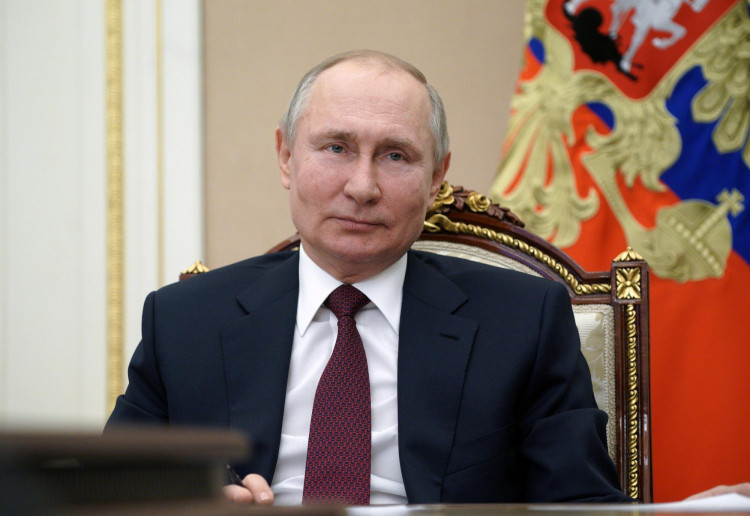Russia has issued a stern warning in response to Sweden's impending accession to the North Atlantic Treaty Organization (NATO), indicating that it will undertake "military-technical" measures to counter what it perceives as a growing threat to its national security. This announcement from the Russian Foreign Ministry came after Sweden overcame the final barrier to NATO membership, with Hungary's parliament endorsing Sweden's bid, making it the last member state to do so.
The inclusion of Sweden into NATO marks a pivotal shift from its longstanding policy of military neutrality, a move propelled by the escalating tensions and security concerns in the region following Russia's invasion of Ukraine in February 2022. This invasion not only heightened the security anxieties of neighboring countries but also led Finland and Sweden to seek NATO membership in May 2022, with Finland joining the alliance in April 2023.
Russian President Vladimir Putin, who has consistently expressed opposition to NATO's expansion, views the enlargement of the alliance as a direct challenge to Russia's strategic interests. Although Putin has not made any public remarks regarding Sweden's latest move, his spokesperson, Dmitry Peskov, reiterated Russia's stance that NATO's expansion does not serve the cause of stability and security on the European continent.
Maria Zakharova, the Russian Foreign Ministry spokeswoman, underscored that Russia's response would be contingent on Sweden's actions within the NATO framework. The nature of Russia's retaliatory measures would depend on the military assets and strategies Sweden adopts as part of the alliance, including the deployment of NATO forces and weaponry on Swedish territory.
Zakharova lamented the end of Sweden's historical military neutrality, arguing that this stance had previously contributed to stability in the Baltics and Northern Europe. She warned that Sweden's integration into NATO would transform the region into a potential zone of confrontation, undermining its erstwhile role as a bastion of stability and cooperation.
The Russian Foreign Ministry's declarations reflect a deep-seated apprehension regarding the changing security dynamics in the region and the potential encroachment on Russia's sphere of influence. Moscow's vow to take "military-technical" steps highlights the escalating tensions and the intricate balance of power in the geopolitical landscape of Europe.
As Sweden prepares to formalize its NATO membership, the international community watches closely to see how this development will influence the security architecture of the region and the broader relations between Russia and the West. The potential deployment of NATO assets in Sweden and the strategic implications of such moves remain key points of contention, with Russia's promised response adding a layer of uncertainty to an already complex security dilemma.
Sweden's decision to abandon its tradition of military neutrality in favor of NATO membership signifies a significant realignment in response to the perceived threats emanating from Russia's aggressive posture in the region. As the global community anticipates Sweden's formal induction into NATO, the implications of this historic shift for regional stability, security, and the intricate web of international relations continue to unfold.




